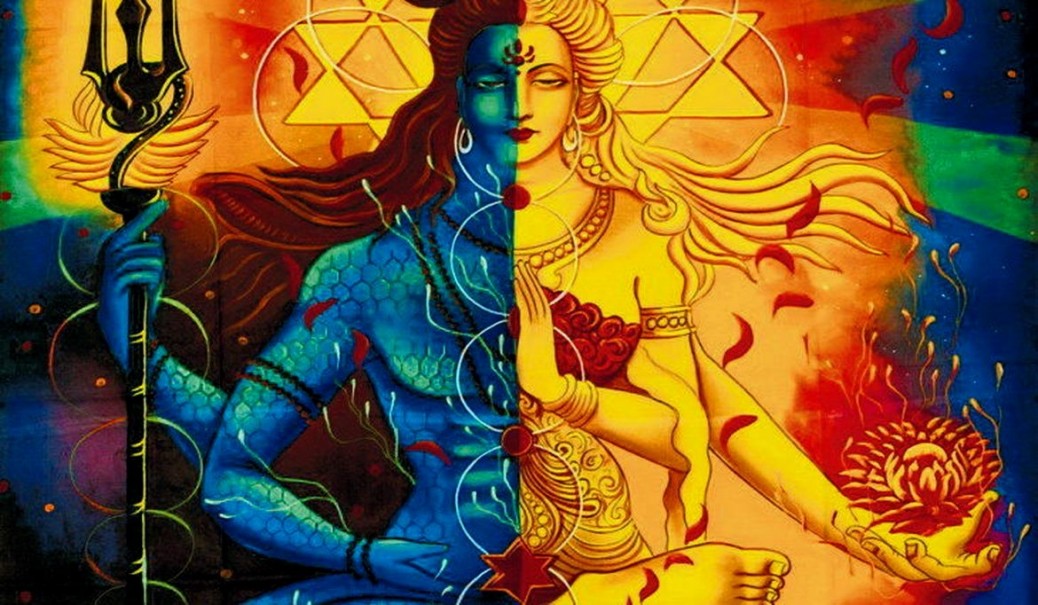VBT – Meditation 1.3
Eternal Truth
Truth is beginningless.
The Upanishads word anadi does not mean old, it means beginningless. Anadi means that which has no beginning, the beginningless. It does not mean ancient as you seem to think. However old and ancient a thing may be, it has a beginning, but truth has no beginning. And that which becomes old cannot be truth, because truth is now, in this moment.
Truth is neither new nor old. What is called a new truth is going to become old in the future. What is now called old was new sometime in the past, and what is new today will grow old tomorrow. It is in the nature of things that everything new becomes old. Truth is neither of the two; truth is eternal. Or you can say that which is eternal is truth. So anadi means eternal, not old and ancient.
When Krishna says, “I teach the truth that is anadi,” it does not mean that he is talking about some old and ancient truth. Krishna means to say that which is, is truth. He says, “I teach you the eternal truth.” Those who knew it in the past – if they really knew it – knew the truth that is eternal. And those who know it today – if they really know it – know the same eternal truth. And those who will know it in the future, if they really know, it will be the same truth that is without beginning and without end. Only falsehood can be old and new; truth cannot be new or old.
Of course, there are two ways of telling the truth.
When Buddha speaks about truth he does not refer to all those who have known truth in the past, there is no need. When he knows the truth on his own, he need not produce witnesses in his support; that would make no difference whatsoever. What he knows he knows; witnesses are not going to add anything to it. Even a thousand names of people who have known truth will not add one iota to the measure of Buddha’s truth, nor will they add to the glory and grandeur of truth itself. That is why Buddha says it directly as he has known it.
And Buddha does so deliberately; there is a good reason why he does not mention the names of the old seers. In Buddha’s time these authoritative names were being misused and they carried a danger with them. Remember, whenever Buddha said something he always asked his listeners not to accept it just because somebody else knows and says it. He always warned his listeners against authority. Throughout his life, Buddha insisted that unless someone knows truth on his own, he should not accept it as true on the authority of others – including Buddha.
Buddha is speaking to seekers; his listeners are all seekers of truth. They are very different from Krishna’s solitary listener, Arjuna. It is essential for a master to ask his disciples, the seekers of truth not to accept anything, not to believe just because he says it. If they believe something as true, they cannot go on the quest for truth. And if Buddha cites authorities in his support he is laying a precedent for coming generations to cite him as an authority. So he steers clear of all previous authorities and says plainly, “I say to you what I have known, but don’t accept it until you know it for yourselves.”
Tags: Eternal Truth




